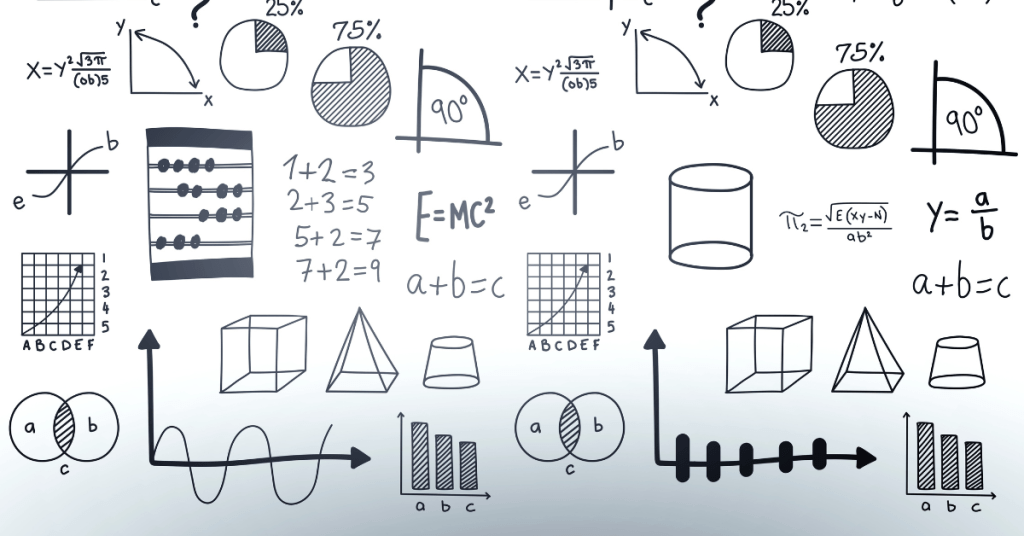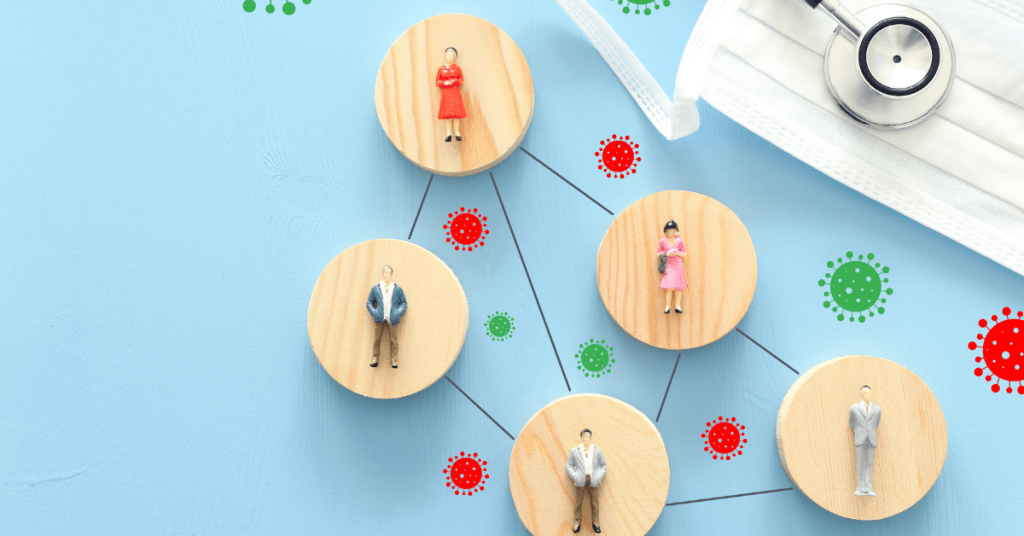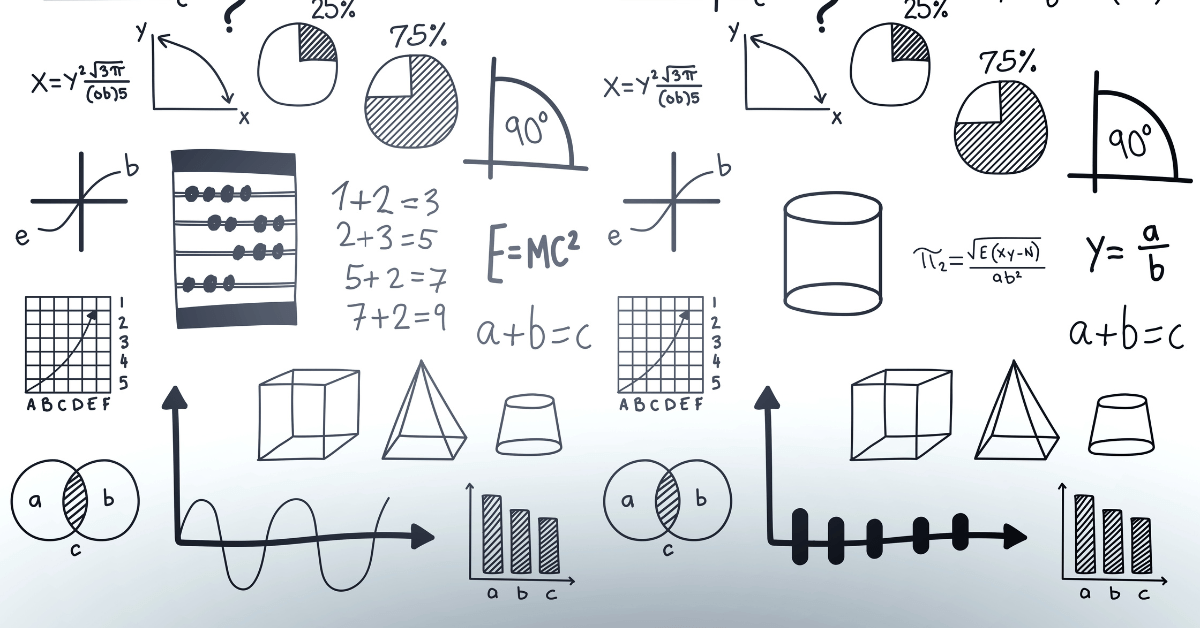In today’s fast-changing world, the question “What is liberal arts?” often pops up. Many people see it as an abstract or impractical degree, but that couldn’t be further from the truth. Liberal arts provides a solid foundation for critical thinking, creativity, and problem-solving. It’s a versatile education that prepares students for success across numerous fields.

What Is Liberal Arts, Really?
At its core, liberal arts is all about versatility. Unlike specialized degrees that focus on a single career path, a liberal arts education provides a wide foundation of knowledge across multiple disciplines. You’ll dive into subjects like:
- Humanities: Think philosophy, literature, history, and the arts. These subjects explore the human experience, past and present.
- Social Sciences: Psychology, sociology, political science, and more. These help you understand how societies function and how people interact.
- Natural Sciences and Mathematics: Yes, even biology, physics, and math are part of the mix. These fields sharpen your analytical thinking and problem-solving skills.
The idea is to create well-rounded individuals who can approach problems from different angles. In today’s fast-paced, ever-changing world, that flexibility is pure gold.
Why Liberal Arts Is So Important
Imagine walking into a job interview. You’ve got great technical skills, but what if the hiring manager asks how you’d handle a team conflict or solve a complex problem on the fly? That’s where the liberal arts shine.
This type of education doesn’t just teach you facts. It teaches you how to think critically, communicate clearly, and adapt to new challenges. Employers today are looking for candidates who can connect the dots, work well with others, and bring creative solutions to the table. That’s exactly what liberal arts prepares you for.

What Subjects Are Included in Liberal Arts?
Let’s talk about what you’d actually study. Here’s a quick breakdown:
- Humanities: Dive into thought-provoking works of literature, unravel ancient philosophical ideas, or study the arts and their cultural impact.
- Social Sciences: Explore human behavior with psychology or understand societal structures with sociology and political science.
- Natural Sciences: Develop critical thinking through hands-on experiments in physics, biology, or chemistry.
- Mathematics: Build your analytical and problem-solving skills, which are crucial for any field.
The beauty of liberal arts is its interdisciplinary nature. For example, you might explore how scientific discoveries influenced historical events or how philosophical ideas shaped political systems. It’s all connected.
The Core of Liberal Arts: What Subjects Are Included?
Let’s get into the nitty-gritty—what exactly can you expect to study in a liberal arts program? Spoiler alert: it’s not all lectures on Shakespeare and ancient Greek philosophers (though those are cool too). Liberal arts covers a wide range of subjects that make you a well-rounded thinker and problem-solver.
The Humanities: Understanding the Human Experience
The humanities are at the heart of liberal arts education. These subjects focus on the human experience—our history, culture, creativity, and ideas. Here’s what you’ll typically explore:
- Philosophy: Dive into life’s big questions—What is truth? What makes us human? Philosophy teaches you how to analyze arguments and see the world in new ways.
- Literature: From classic novels to modern poetry, literature helps you understand different cultures and perspectives. Plus, it sharpens your ability to interpret and communicate complex ideas.
- History: Learn about the events and decisions that shaped the world we live in today. History provides context for understanding the present and planning for the future.
- The Arts: Whether it’s visual art, music, or theater, studying the arts fosters creativity and emotional intelligence.
These subjects help you understand people—their motivations, emotions, and how they interact with the world.

Social Sciences: Exploring Human Behavior
Next up, the social sciences. If you’ve ever been curious about why people do what they do or how societies function, this is where the action is. Here are the key players:
- Psychology: Get into the science of the mind. Why do we think, feel, and behave the way we do? Psychology gives you insights into human behavior—essential for careers in marketing, counseling, or HR.
- Sociology: This is the study of society. From social norms to global inequalities, sociology teaches you how different systems shape our lives.
- Political Science: Understand how governments work and how policies impact people’s lives. If you’re into politics, activism, or law, this is your jam.
Social sciences give you the tools to analyze complex social issues and work towards meaningful solutions.
Natural Sciences and Mathematics: Sharpening Your Analytical Mind
Here’s where things get a bit more technical—but no less exciting. Liberal arts doesn’t shy away from the hard sciences. These subjects build your analytical thinking and problem-solving skills:
- Biology: Discover how living organisms function, from cells to ecosystems. Perfect for understanding environmental issues or pursuing healthcare careers.
- Physics: Explore the laws of nature and the universe. It’s not just for future scientists—it’s for anyone who wants to think critically about how the world works.
- Mathematics: This isn’t just about crunching numbers. Math helps you develop logic, structure, and precision—skills that are valuable in almost any profession.
These areas ensure you’re not just creative and empathetic but also logical and precise.

Interdisciplinary Learning: The Liberal Arts Superpower
One of the coolest things about liberal arts is how it brings everything together. For example:
- How did the Industrial Revolution (history) impact literature and art?
- What role does psychology play in political movements?
- How do advances in biology affect ethical debates in philosophy?
This interdisciplinary approach makes liberal arts unique. It teaches you to connect the dots and see the big picture—an invaluable skill in any career or life situation.
Why Liberal Arts Prepares You for the Real World
Now that we’ve broken down the subjects included in liberal arts, let’s talk about why this kind of education is such a game-changer for your future. It’s not just about what you study—it’s about how it shapes you as a person.

Developing Transferable Skills
Here’s the thing: while some degrees prepare you for a specific job, liberal arts equips you with skills that you can take anywhere. These are called transferable skills, and they’re in high demand across industries.
- Critical Thinking: You’ll learn how to analyze problems, weigh different perspectives, and come up with solutions. Employers love this because they need people who can think on their feet.
- Communication: Whether you’re writing reports, giving presentations, or collaborating with a team, clear communication is a must. Liberal arts makes you a pro at this.
- Adaptability: Liberal arts students are trained to tackle challenges from different angles, making them super adaptable in today’s fast-changing job market.
- Problem-Solving: By studying diverse subjects, you’ll become skilled at approaching problems with creative solutions.
Careers You Can Pursue with a Liberal Arts Degree
You might be wondering, “What jobs can I get with a liberal arts degree?” The answer: a lot! Here are just a few options:
- Marketing and Advertising: Your ability to understand human behavior and communicate ideas makes you perfect for crafting campaigns that resonate.
- Human Resources: Understanding psychology and sociology helps you manage people effectively and create positive work environments.
- Education: Share your knowledge and passion with the next generation by becoming a teacher or academic advisor.
- Public Relations: Strong writing and communication skills are key for managing an organization’s image.
- Technology: Yes, even tech companies love liberal arts grads! They value your critical thinking and ability to solve complex problems.
And let’s not forget roles in journalism, politics, non-profits, and even entrepreneurship. The possibilities are endless because the skills you gain are so versatile.

The Value of Interdisciplinary Knowledge
One of the coolest things about a liberal arts degree is how it trains you to see connections between subjects. For example:
- How can history inform modern political policies?
- How does psychology influence marketing strategies?
- What role do ethics play in scientific advancements?
By thinking across disciplines, you’ll stand out in a job market that values innovation and big-picture thinking.
Breaking the “Impractical” Myth
Some people might tell you that liberal arts isn’t practical. But here’s the truth: in a world where automation is taking over repetitive tasks, it’s the human skills—critical thinking, creativity, empathy—that are irreplaceable. And guess what? Those are exactly the skills you develop in liberal arts.
So, the next time someone doubts the value of a liberal arts education, just remind them that it’s not about memorizing facts—it’s about becoming a well-rounded, adaptable, and thoughtful individual.
The Power of a Liberal Arts Education in Today’s World
By now, you’ve got a solid understanding of what liberal arts includes and why it’s so valuable. But let’s take a step back and look at the bigger picture. In a world that’s evolving at lightning speed, why does a broad, interdisciplinary education matter more than ever?
Thriving in a Fast-Changing Job Market
Here’s the deal: the job market is changing faster than ever. Automation, artificial intelligence, and technological advancements are transforming industries overnight. The skills you learn in a liberal arts program—critical thinking, adaptability, communication—are your secret weapons for staying relevant.
- Future-Proofing Your Career: While technical skills may become outdated, the ability to think creatively and solve problems never goes out of style.
- Navigating Career Changes: With a liberal arts education, you’re not tied to one specific path. You’ll have the flexibility to pivot and explore new opportunities.
Fun fact: A report by the World Economic Forum lists critical thinking and creativity as two of the top skills employers will demand in the future. Guess where you learn those? Liberal arts!

Becoming a Global Citizen
Liberal arts isn’t just about landing a job; it’s about becoming a more thoughtful, informed, and engaged member of society.
- Cultural Awareness: Studying subjects like literature, history, and sociology helps you understand diverse cultures and perspectives. This is crucial in a globalized world.
- Ethical Decision-Making: With courses in philosophy and ethics, you’ll learn how to tackle tough questions and make decisions that align with your values.
- Leadership Skills: Whether you’re leading a team or contributing to your community, liberal arts equips you with the emotional intelligence and communication skills needed to inspire others.
Real-World Applications of Liberal Arts
Let’s make this practical. Here are some everyday scenarios where a liberal arts education shines:
- In the Workplace: You’re the go-to person for brainstorming innovative ideas, managing diverse teams, and communicating effectively with clients.
- In Your Community: Whether it’s volunteering, mentoring, or advocating for change, liberal arts graduates often become leaders in their communities.
- In Personal Growth: The ability to think critically, understand others, and adapt to change isn’t just useful—it’s empowering.
Famous Liberal Arts Graduates
Still not convinced about the power of liberal arts? Let’s look at some people who studied it and went on to do amazing things:
- Oprah Winfrey: Majored in Communication. Today, she’s one of the most influential media moguls in the world.
- Howard Schultz (Starbucks CEO): Studied Communications. His background in understanding people helped build one of the most successful brands globally.
- Susan Wojcicki (Former YouTube CEO): Majored in History and Literature. Her ability to connect the dots between disciplines helped her lead one of the largest digital platforms.
These success stories show that liberal arts doesn’t limit you—it amplifies your potential.

Final Thoughts
Liberal arts education is often misunderstood, but it’s one of the most empowering paths you can take. It’s not about memorizing dates or writing endless essays—it’s about cultivating curiosity, critical thinking, and adaptability.
Whether you’re exploring psychology, analyzing literature, or solving problems in math, every subject adds a layer to your understanding of the world. And that understanding? It’s your superpower in both life and work.
So, if you’re ready to embrace a future full of possibilities, consider diving into liberal arts. Who knows where your curiosity might take you?
To learn more about the fascinating intersection of technology and creativity, explore our article on How AI Art is Generated. This piece delves into the processes and tools behind AI-driven art, shedding light on how algorithms and machine learning are transforming the art world. Whether you’re curious about the impact of AI on creativity or how digital masterpieces are created, this article provides an insightful overview of the topic.

